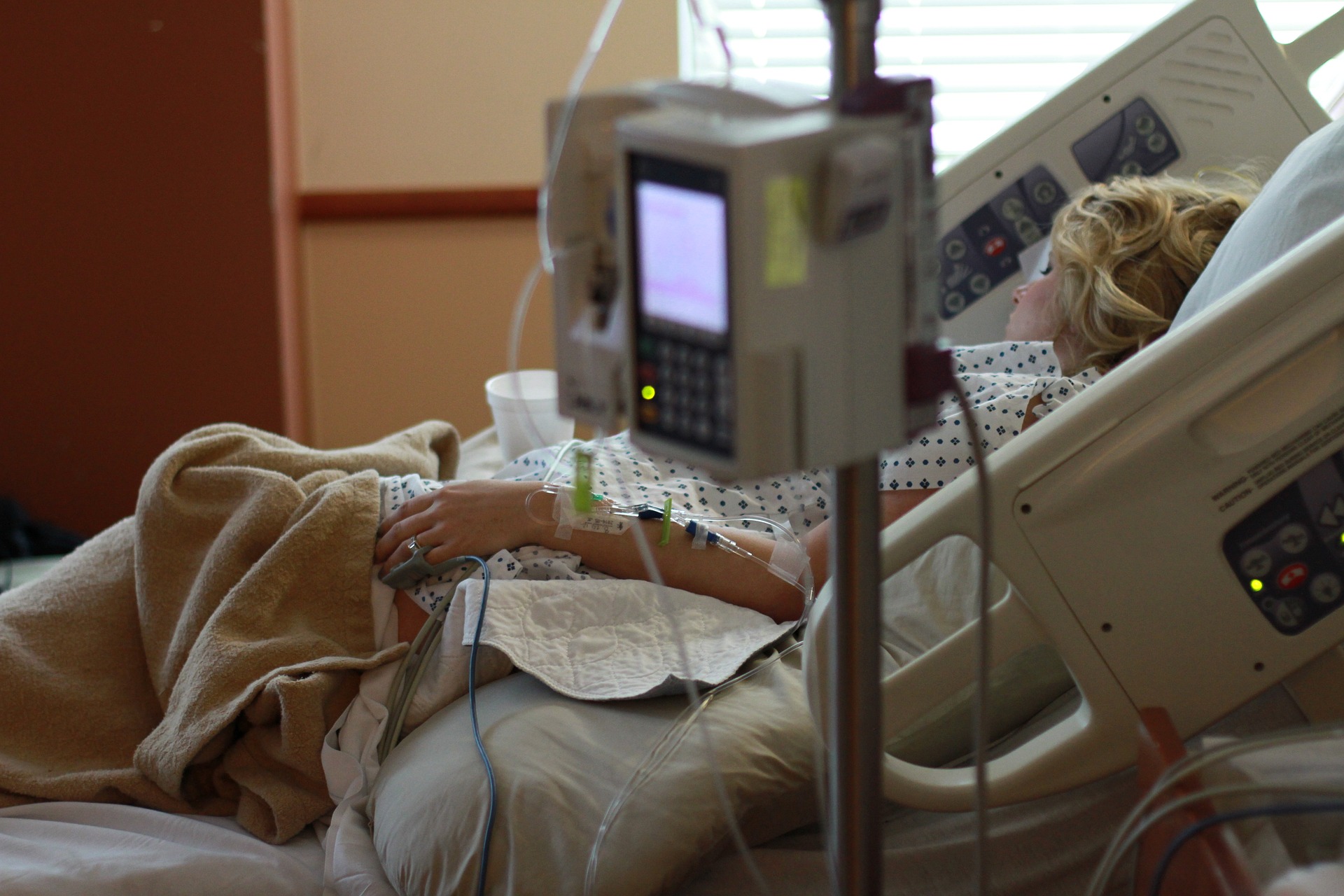Can quantitative research assist health care?
The Health Care Sector is made up of a broad array of sub-segments which include, interalia; Health Care professionals, medical device suppliers, pharmaceutical companies, medical device companies, private and public hospitals.
Each of these stakeholders have unique nuances and dynamics that require greater understanding and insights. Market Research is an essential tool to achieve the necessary insights for the right decisions to be made for future development and growth.

Health Care Professionals
Health Care professionals have multi-channel relationships with; medical device suppliers, laboratories, pharmaceutical companies, hospitals, and clinics.
Each of these “service providers” are anxious to interact with the Health Care provider to obtain insights from the Health Care provider, however time is a constraint given the limited time Health Care providers have in any 24-hour period.
Quantitative Research offers a practical solution to enable each service provider to interact with the Health Care provider in a more convenient manner and within the time constraints of the Health Care professional. Service providers are also able to reach a much broader sample with a higher confidence level.

Hospitals and Clinics
Hospitals and clinics also serve multi-channels, which include; Health Care professionals, medical device companies, laboratories, pharmaceutical companies, and the public at large which is the “ultimate beneficiary or customer/patent.”
The patient has three different interactions with the hospital and indirectly the other service providers mentioned previously. These include admission, in-hospital treatment, post treatment and follow-up.
Quantitative Research is a very cost-effective way to gather key data of each of these experiences which can provide critical data to all the hospital stakeholders.
Health Care Researchers
Health Care researchers can use data inputs to support new research initiatives and can become more targeted and efficient to uncover lifesaving treatments. The more accurate data which is gathered, the more patterns can be established which can lead to predictability models. By way of example, the more bodily indicators (obtained from say Health Care professionals and patients) that tend to precede a heart attack, the greater the ability to have early intervention and mitigate the number of attacks.
More data can save lives by uncovering complicated patterns (in psychology, DNA structures, lifestyle, and diet) that can provide insights as to why certain medications for treatments can be more or less beneficial.
Randomised Controlled Trials
Individuals or study units are randomly assigned to one of two experimental groups, one with a new therapy (experimental group) and one with current therapy (controlled group).
A well-designed Quantitative Research on each group can provide tremendous insights and show casual affects of an intervention, old and new.
MARKET RESEARCH HUB can assist in providing sustainable research in several areas such as:
Patient experience/loyalty/satisfaction
Product development (medical/pharmaceutical)
Emerging trends in Health Care
Brand perception research
Demand feasibility research
To participate in your own bespoke research on topics such as this, get in touch with us
We also offer bespoke projects in these areas
We are proud of our work
and look forward to sharing our results with you
To discuss further, call us on 07387626315, or connect with us below
